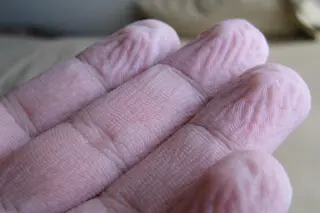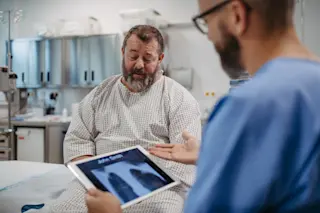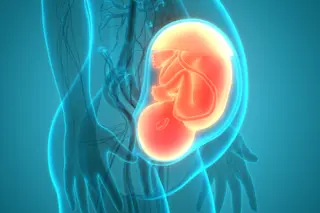This is an excerpt from the new book Origins: How the Nine Months Before Birth Shape the Rest of Our Lives, by Annie Murphy Paul.
At 8:46 AM on September 11, 2001, there were tens of thousands of people in the vicinity of the World Trade Center—commuters spilling off trains, waitresses setting tables for the morning rush, brokers already working the phones on Wall Street. About 1,700 of these people were pregnant women. When the planes struck and the towers collapsed, many of these women experienced the same horrors inflicted on other survivors of the disaster: the overwhelming chaos and confusion, the rolling clouds of potentially toxic dust and debris, the heart-pounding fear for their lives.
As the catastrophe began to unfold, psychiatrist Rachel Yehuda was arriving for work at the Bronx Veterans Affairs Medical Center, about 15 miles north of the Twin Towers. “I was leading a meeting at ...














